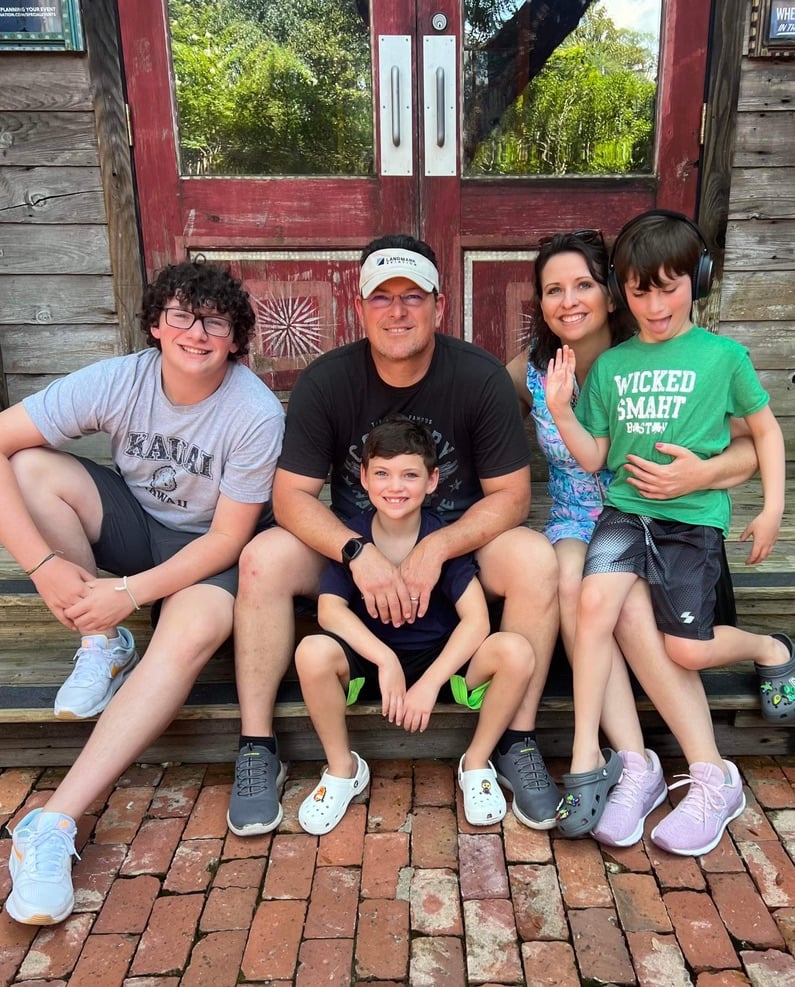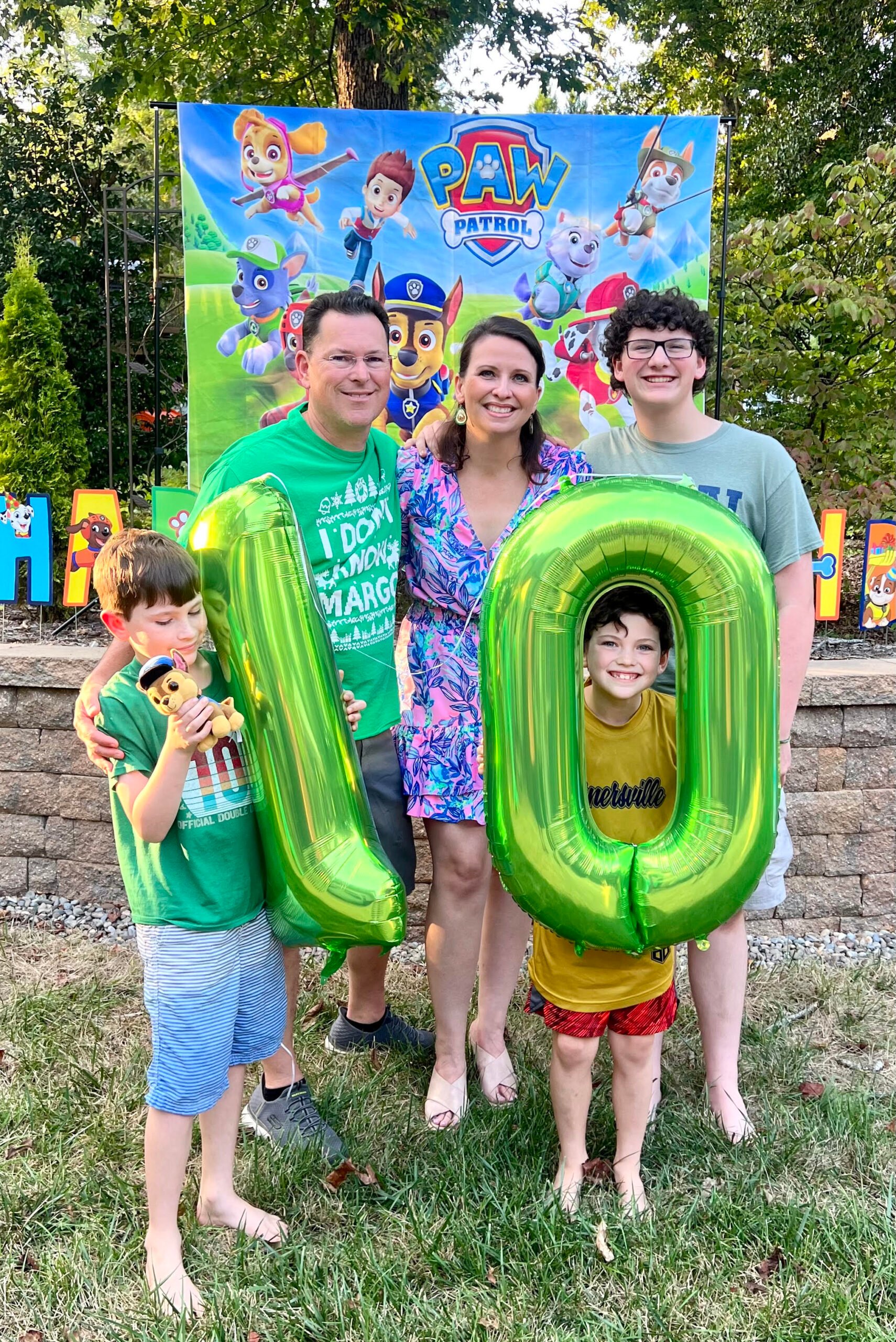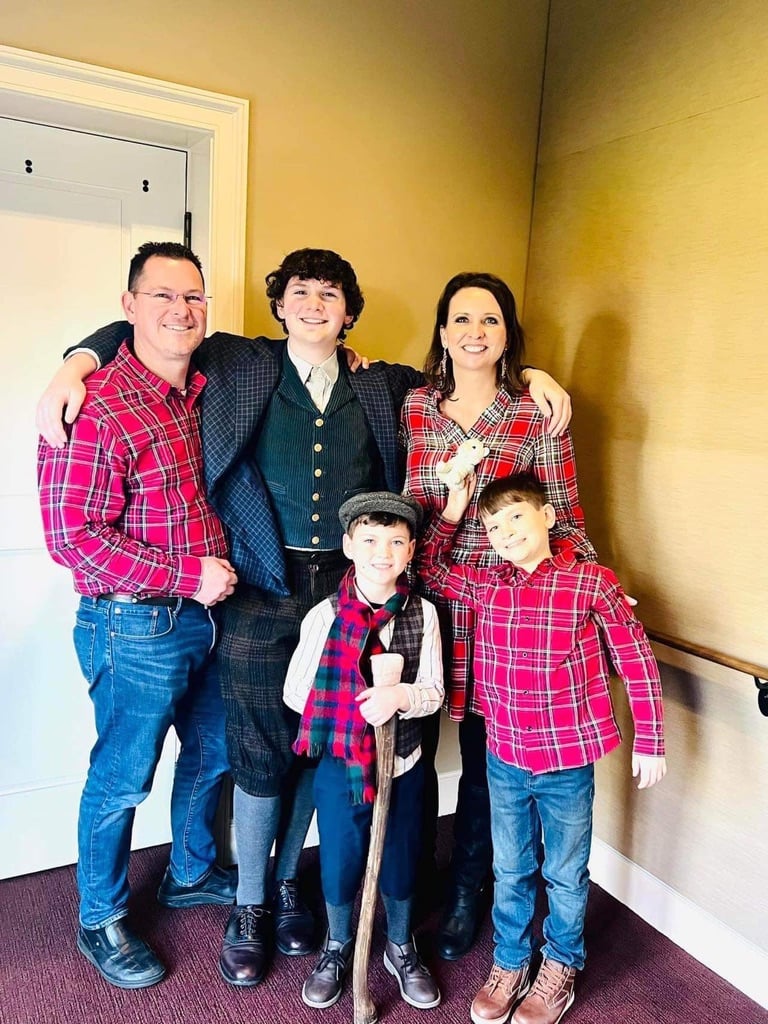Would You Like Some Water? Redefining Normal as a Phelan-McDermid Syndrome Parent
October 19, 2023
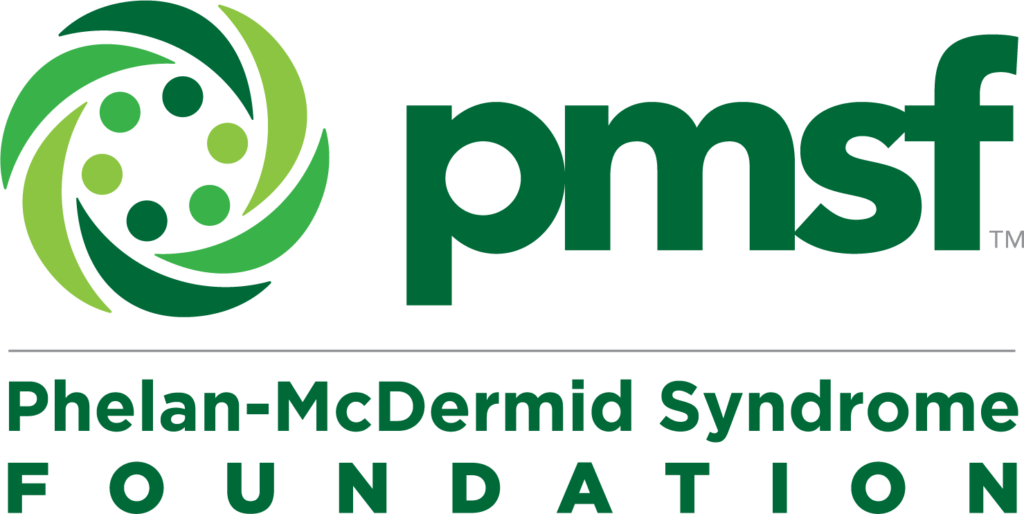 October 22nd is Phelan-McDermid Syndrome Awareness Day, and we asked a peer representative from the Phelan-McDermid Syndrome Foundation to share their experience.
October 22nd is Phelan-McDermid Syndrome Awareness Day, and we asked a peer representative from the Phelan-McDermid Syndrome Foundation to share their experience.
By Elizabeth Brookshire
RARE Mom & Advocate representing Phelan-McDermid Syndrome Foundation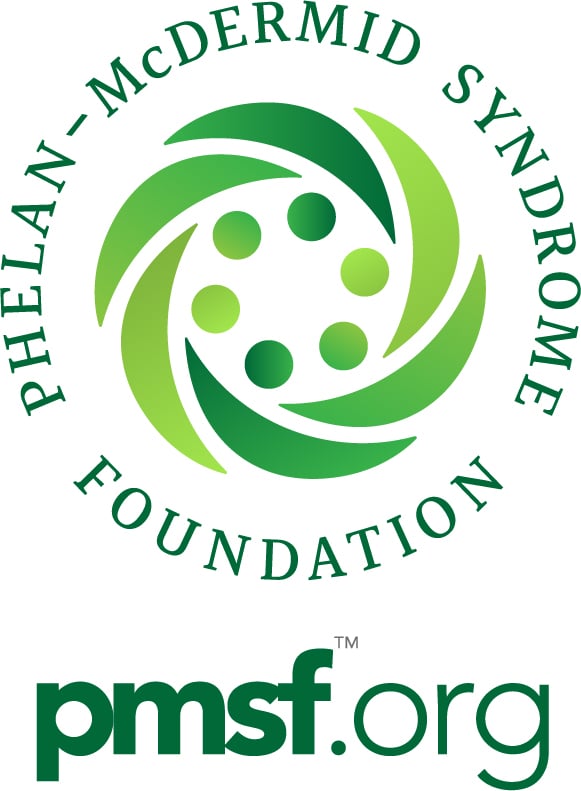
“Would you like some water?”
What? What did that man towering over me just say? His gesture welcoming, and maintaining an expression without fear or judgment, appearing almost kind. I couldn’t hear as I lay sweating on the concrete flooring, arms wrapped around and safely restraining my 9 year old son, who was belting deafening shrieks and threats while flailing wildly with my oldest son and I bewilderingly managing to keep him, to keep us, safe on the bowling alley floor. Breathe. Maintain safe holds. Breathe. Reassess for safety. Breathe. We all just needed to be safe. We actually just needed my son to calm down enough so we could lift him off the floor and escape this horrid attempt at family fun time, now turned disaster, and shuffle out those double doors just a few yards away. His poor weight gain over the past year had been a deceiving measure of strength as the force of his blows, hits and kicks, were seemingly superhuman. My exhaustion was evident by my panting and my now moist nape. My right shoe had come off in the tussle and I was grappling on the floor and just desperately needing to safely get my son out of the bowling alley with or without my shoe. I saw my 14-year-old son’s glasses laying on the floor after being kicked from his face, but could only bark at him to adjust his hands on Grant’s legs so as to not accidentally harm him. My youngest son, who is 7, had been seemingly abandoned after I was forced to chase Grant when he eloped, and wasn’t sure of his location for what felt like 15 minutes.
“Would you like some water?” he said again. I clearly heard him this time. The towering man was the bowling alley manager who had checked us in and given us rental shoes.
Did he just offer water? Did he offer a gesture of support?
I looked at him and sputtered “I’m sorry, he is….” He cut me off with “it’s okay.” A silent but visible expression of gratitude briefly fell on my face and I asked him to please just go find my other son and watch him until I was available. He nodded reassuringly and moved with a quickness and purpose that allowed me to refocus on the current crisis.
Grant is one of the approximately 3500 individuals worldwide diagnosed with Phelan-McDermid syndrome (PMS). Phelan-McDermid syndrome is diagnosed by genetic testing that identifies a deletion or variant on the q arm of the 22nd chromosome. It affects multiple organ systems, including nervous, cardiac, renal, gastrointestinal, integumentary, among others. Due to the chromosomal deletion, Grant is missing a critical gene, SHANK3, believed to cause the absence of or decreased levels of a protein required for normal synaptic signaling in the brain in addition to other systemic changes. Though Grant may look “normal,” as one acquaintance stated, he does not process information the way you or I may. He has an impaired understanding of danger, communication deficits, and trouble with transitions that can cause him to act impulsively and at times exhibit behavior requiring physical and medicinal intervention. Because Phelan-McDermid syndrome is so complex, it can affect people differently.
The incident in the bowling alley occurred this past August and illustrates the hidden struggles of caregivers for individuals with not only Phelan-McDermid syndrome but other challenging needs. Parents and caregivers often feel hesitant and even anxious about social events due to their heightened awareness about safety risks that come from navigating seemingly benign public venues. Furthermore, caregivers and siblings may feel embarrassed by these outbursts and even carry shame, questioning if they should’ve prepared better or did something wrong. Isolation from family and friends often results as they are forced to retreat into the home to prevent recurrence of explosive behavior in public. Even though family and friends attempt to empathize, their words sound foreign as they do not understand the day-to-day, sometimes minute-by-minute struggles. Hidden to public onlookers is a child immersed in therapies, including speech, occupational, applied behavioral analysis, and medications, in efforts to mitigate these public outbursts and increase communication. Yet we still ended up on the bowling alley floor.
Connecting with the Phelan-McDermid Syndrome Foundation(PMSF) in February of 2020 after Grant’s PMS diagnosis has been the life-giving link to connect us to community and support. The PMSF welcomes home every family that includes a newly diagnosed loved one. PMSF focusses on supporting families, improving medical care, and driving research breakthroughs. It has launched the ‘First 100 Days’ program that provides intensive family support for families with a new PMS diagnosis, and immediately connects them with their new ‘phamily’ and a guide to living with PMS. PMSF provides resources on genetic counseling, scientific research and advances, and has state representatives to offer local peer support. Recognizing the cyclical grief that parents and caregivers experience, PMSF is now offering much needed PMS Caregiver Support Groups.
Recently I have become one of the North Carolina PMSF representatives, and desire to support my son and PMS families locally, with an emphasis on advocacy and education leading to tolerance, and ultimately acceptance for individuals with Phelan-McDermid syndrome and really any challenge. Redefining ‘normal’ is essential to entice hidden lives out from behind doors, and bring caregivers and their children or loved ones into the community without embarrassment or shame. The new normal should include safety strollers, communication devices, headphones, safety helmets, sensory bags, disability access for adults, adult changing stations in restrooms, etc. The new normal should be an understanding that some individuals process information differently and respond differently, and though they may need additional support and sometimes have extreme public outbursts, they are still valued and are loved. The new normal should be a hand to help. Countless times we have struggled with Grant in public and have always been met with bystander stares or whispers. The invisible hero that stood on the sidelines that August afternoon was the bowling alley manager. He embodied the new normal with his actions. I challenge all of us to begin to redefine normal by offering gestures of support, perhaps as simple as offering some water.
About Phelan-McDermid Syndrome Foundation
The Phelan-McDermid Syndrome Foundation’s mission is to make today better and the future brighter for everyone living with Phelan-McDermid syndrome — from the moment of diagnosis to the delivery of treatments and cures.
This is the fifth annual celebration of Phelan-McDermid Syndrome Awareness Day (#pmsad) when our community spreads awareness about the syndrome and the experience of living with PMS. This year’s theme is “PMS changes everything” as demonstrated in this family story where a simple day out can take an unexpected turn at any time and how the understanding of one stranger can make all the difference in that moment.
For more information about Phelan-McDermid syndrome, visit the Phelan-McDermid Syndrome Foundation website below.
Phelan-McDermid Syndrome Foundation
Watch the world #shinegreen for Phelan-McDermid Syndrome Awareness Day in 2022.

Stay Connected
Sign up for updates straight to your inbox.

